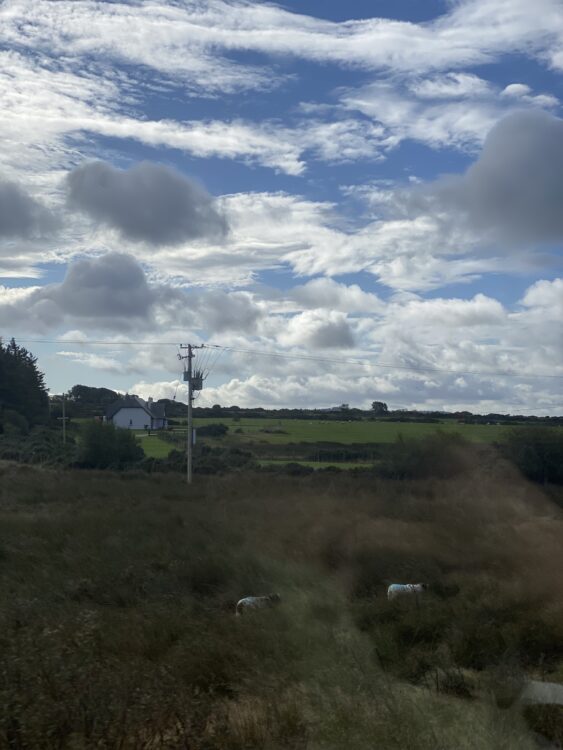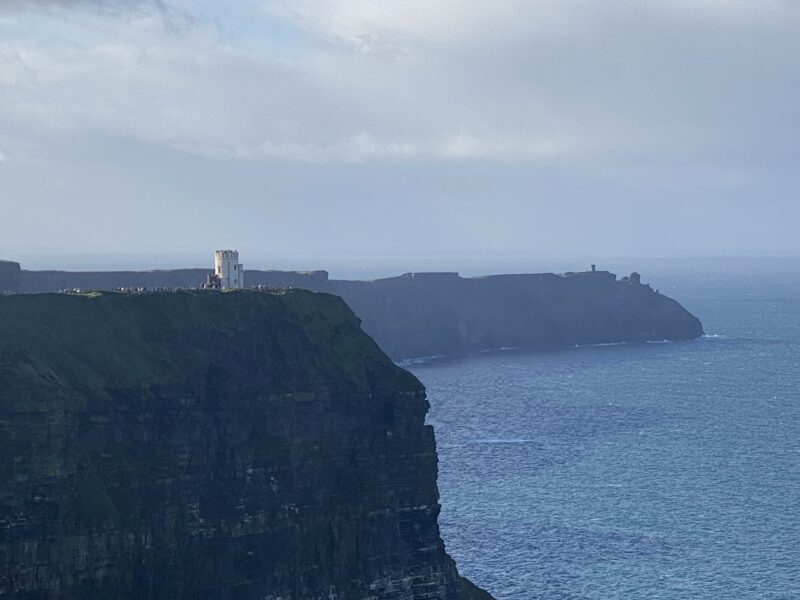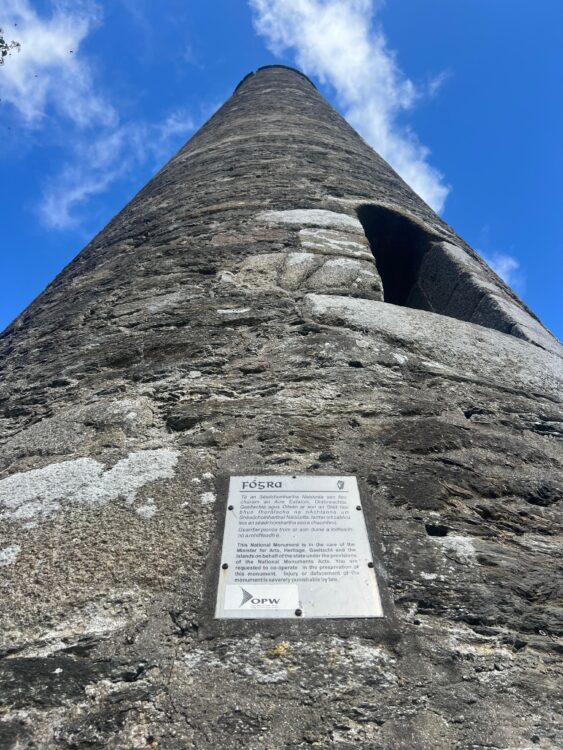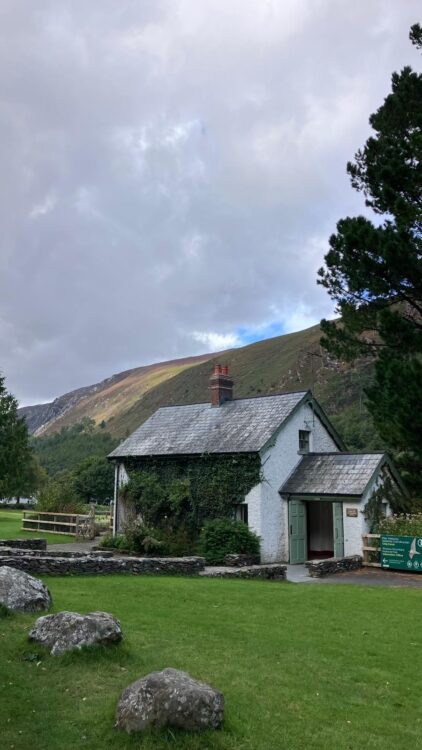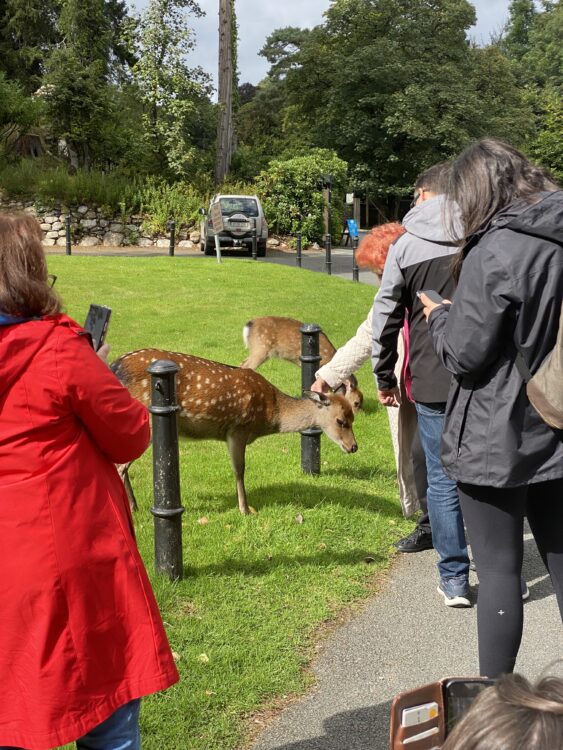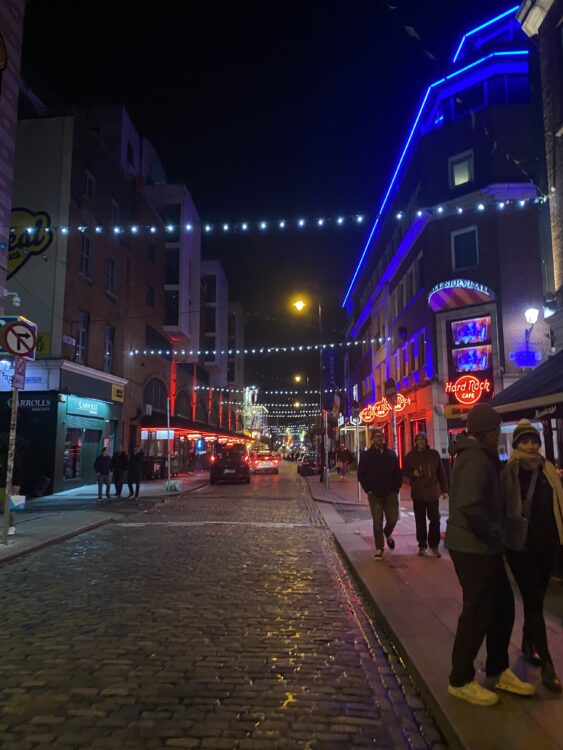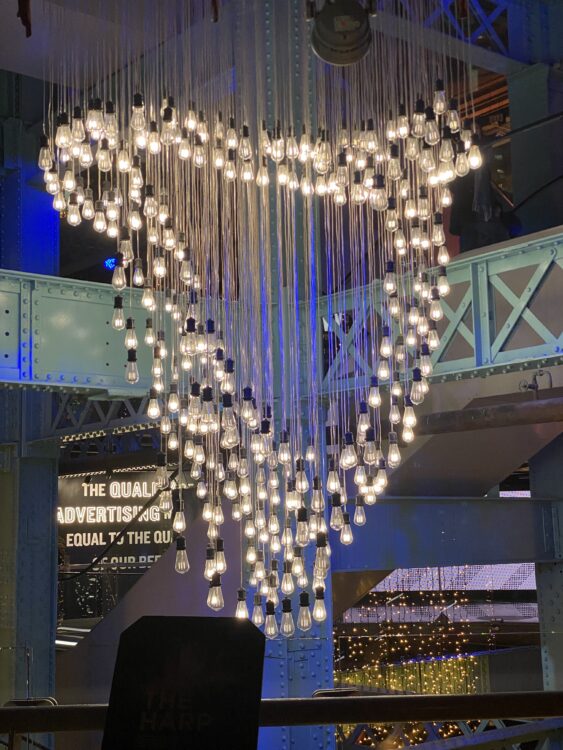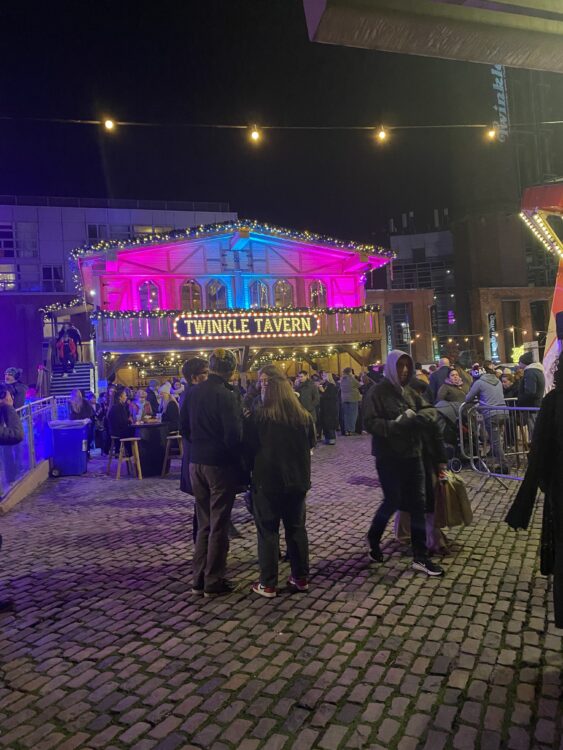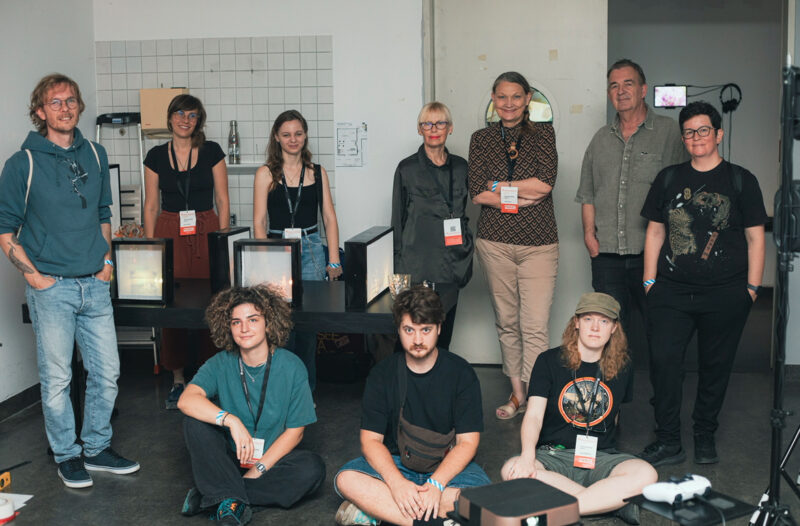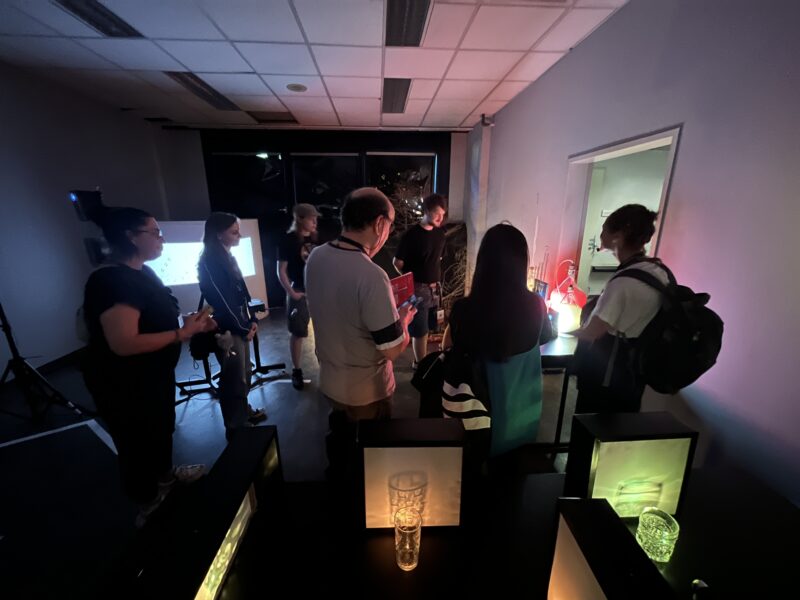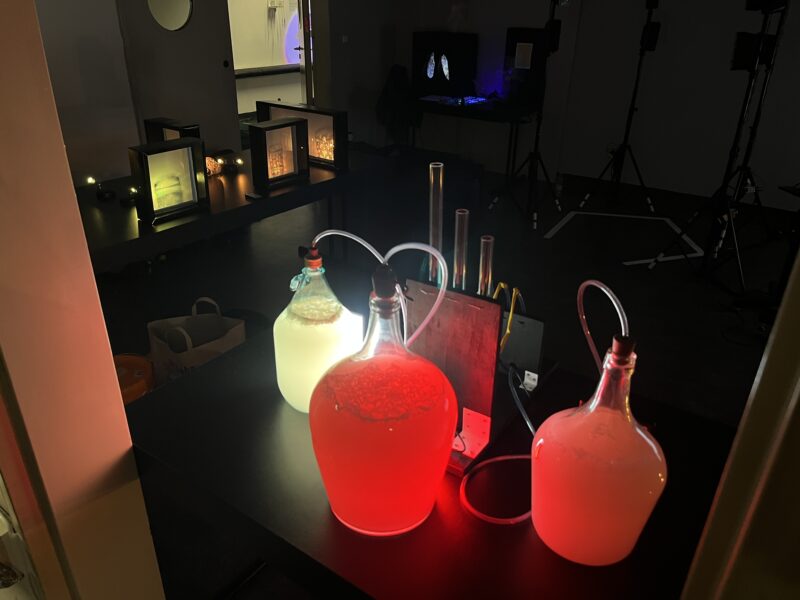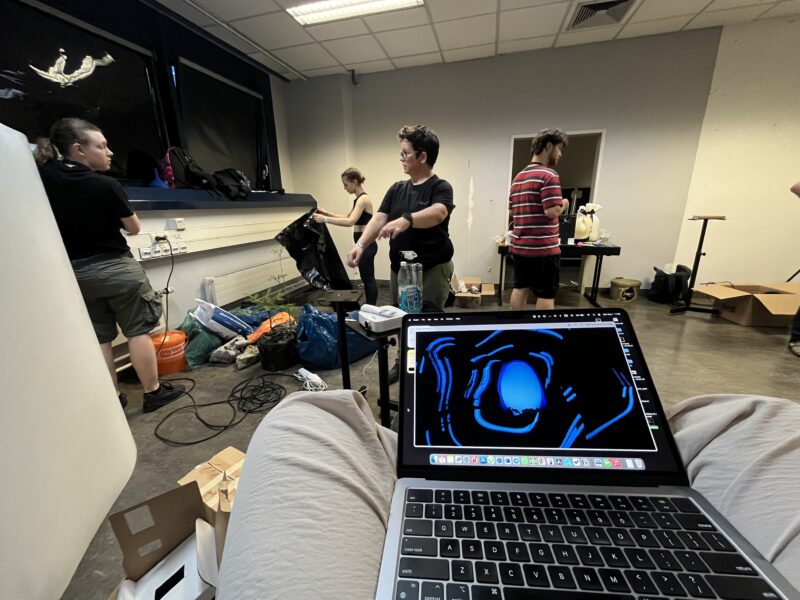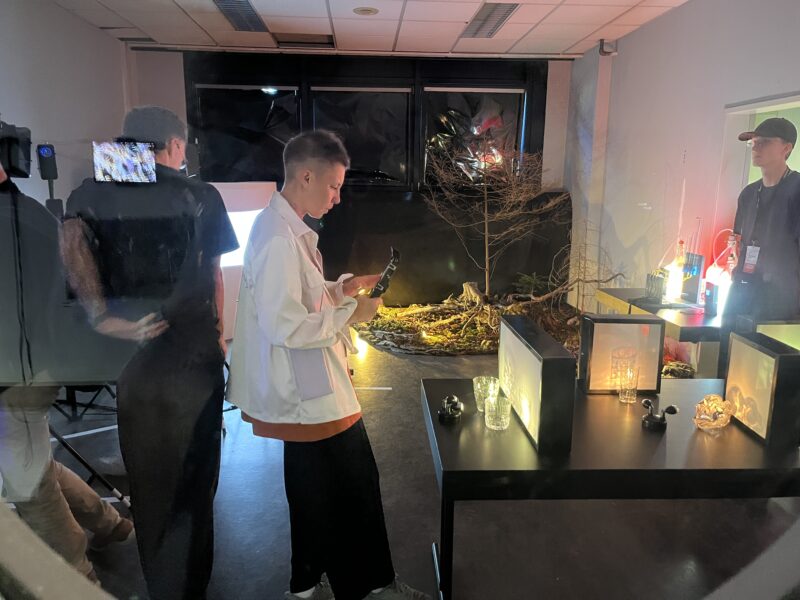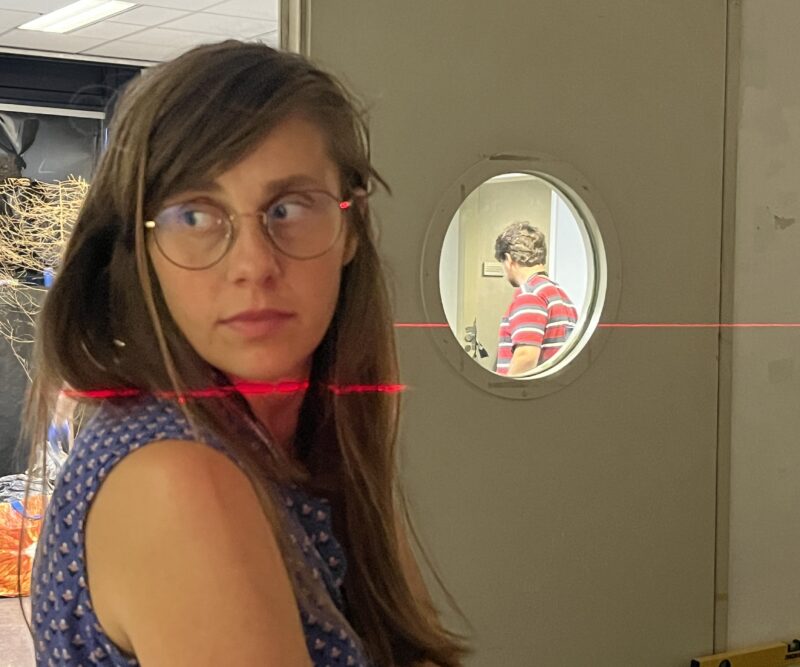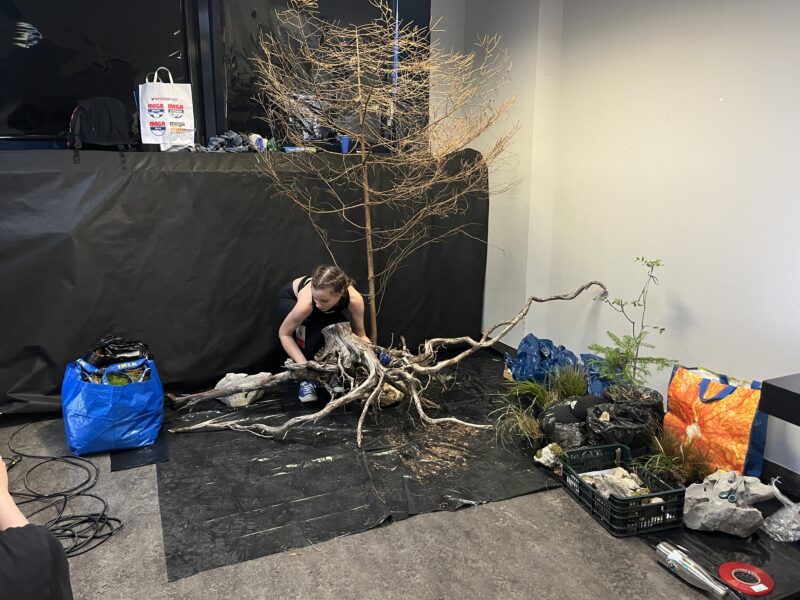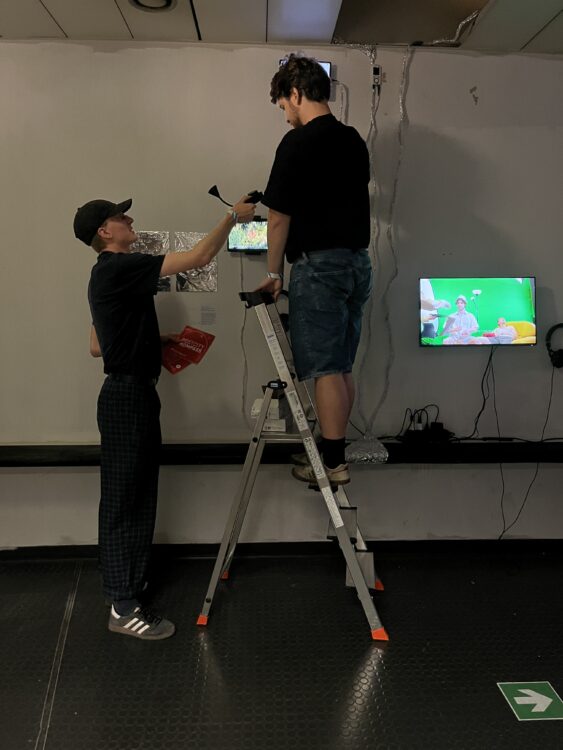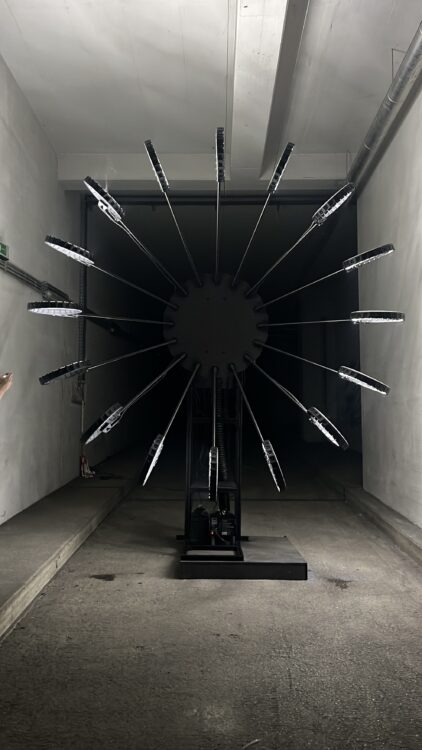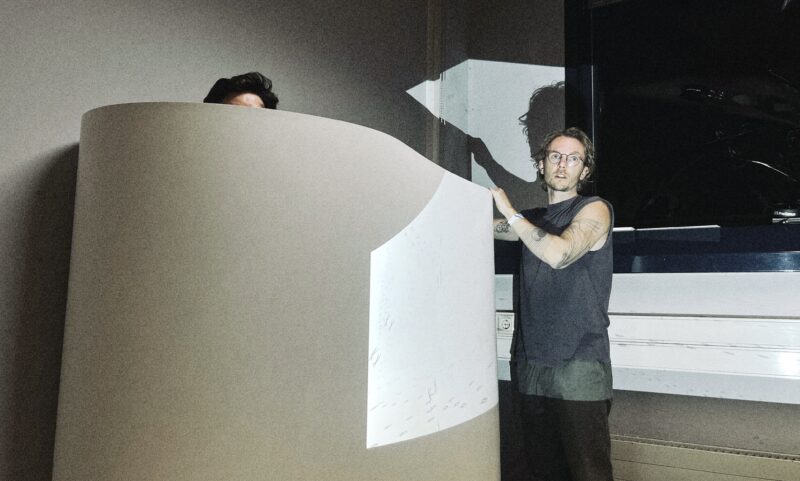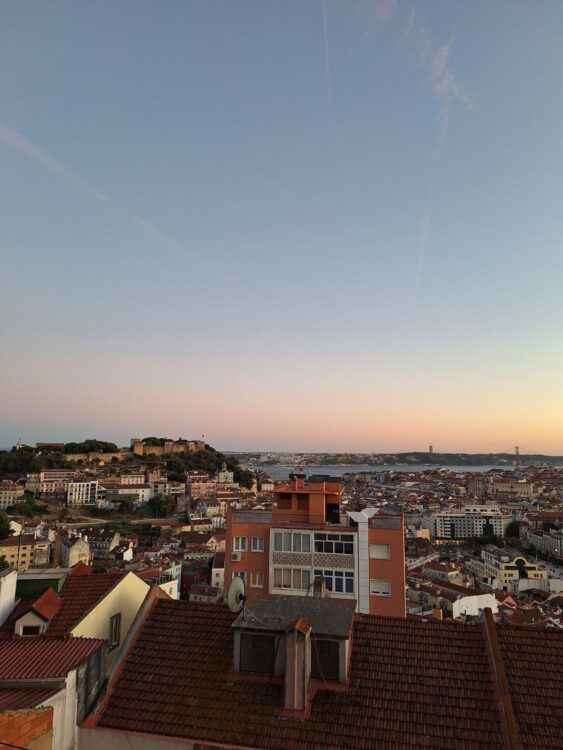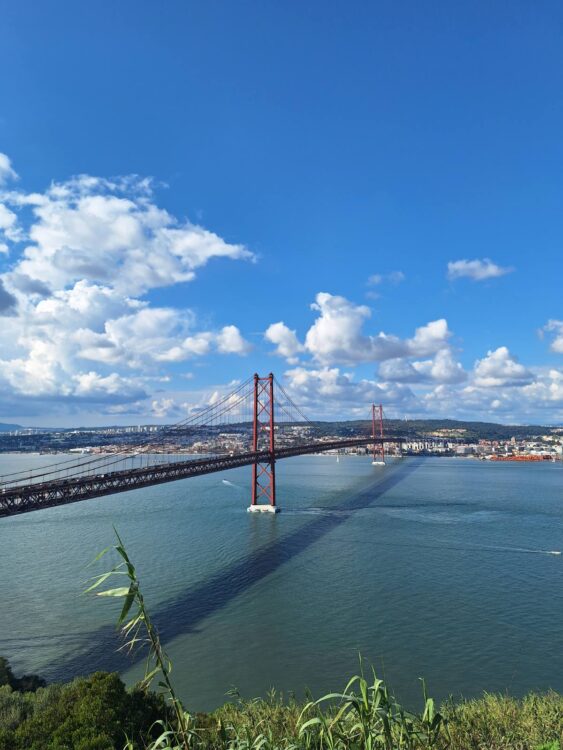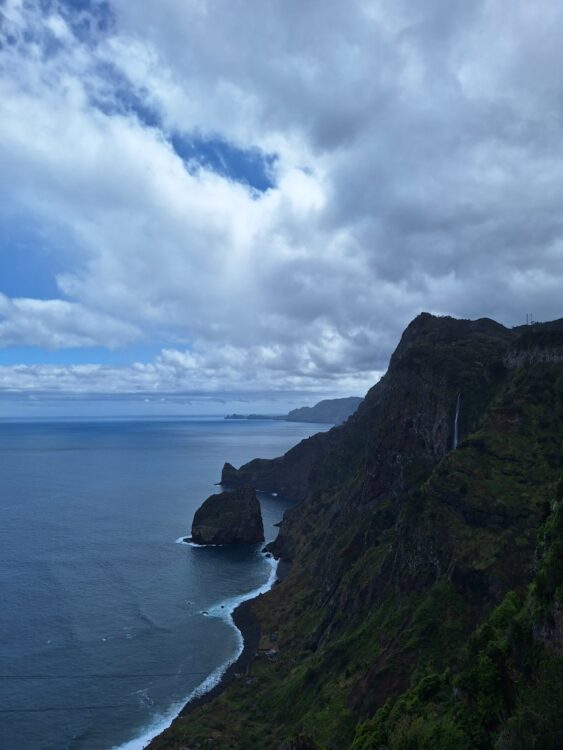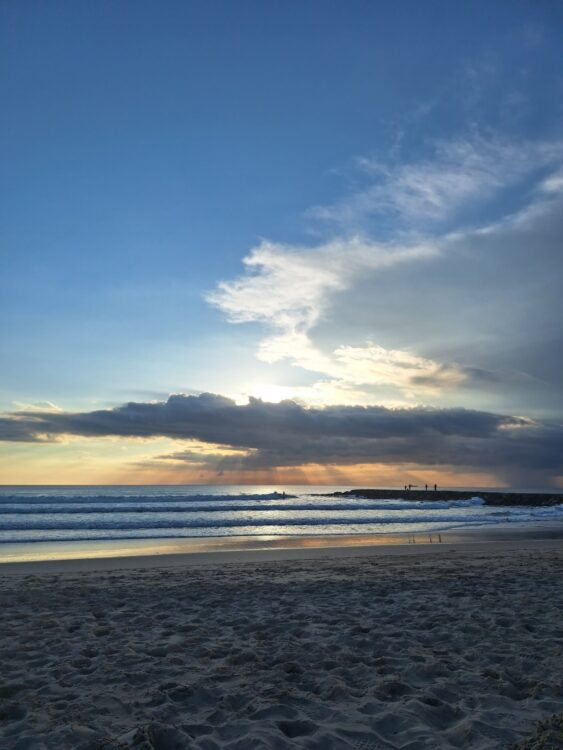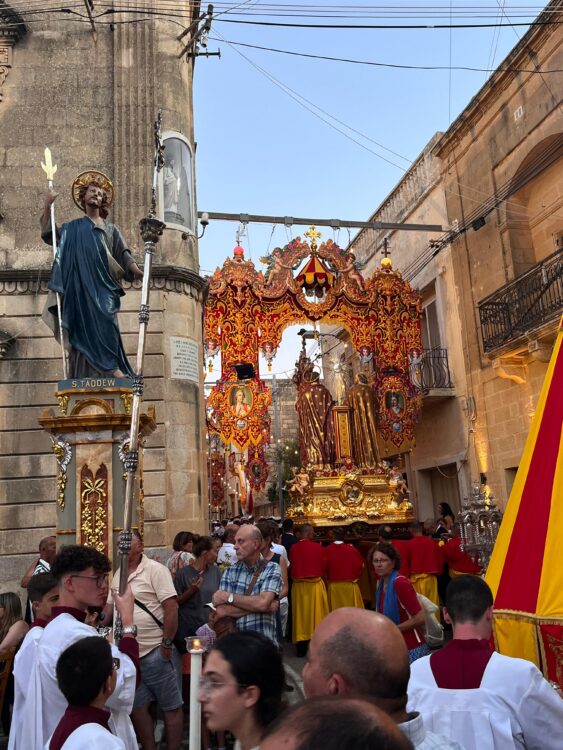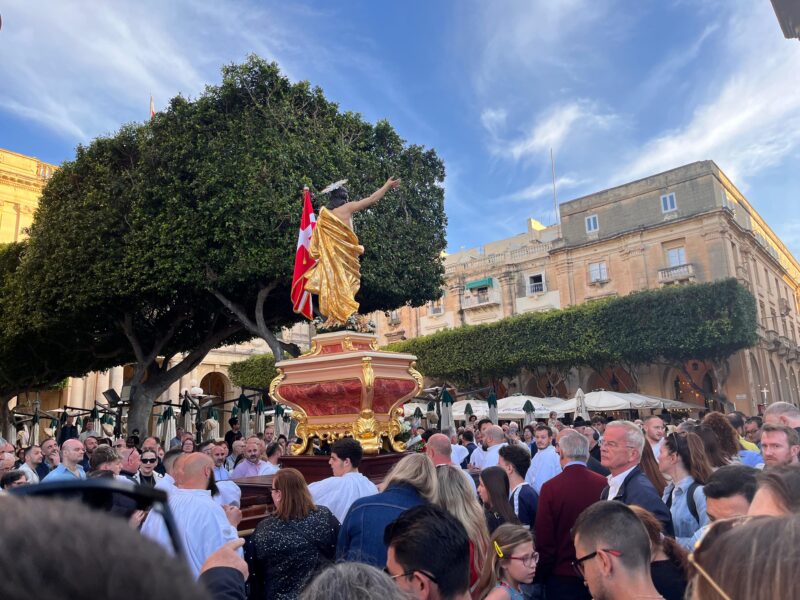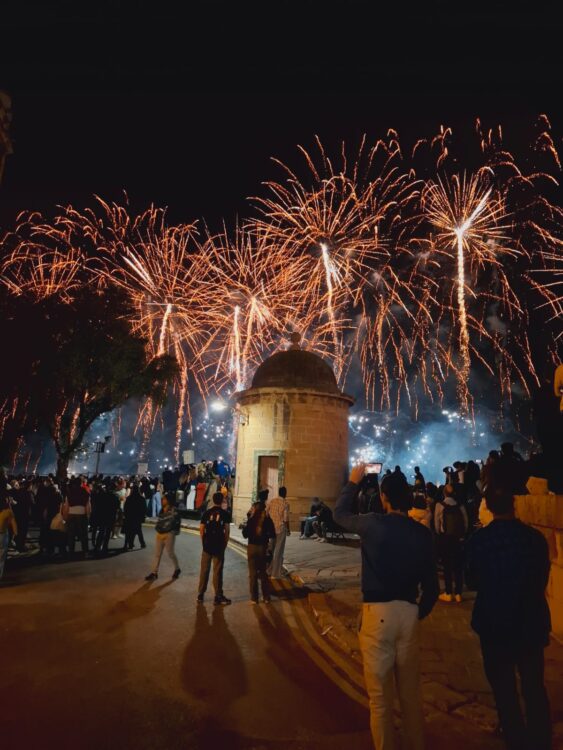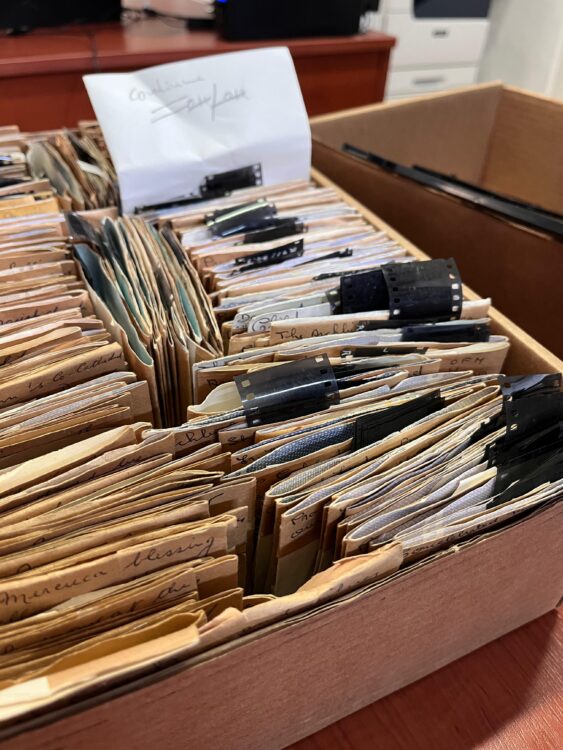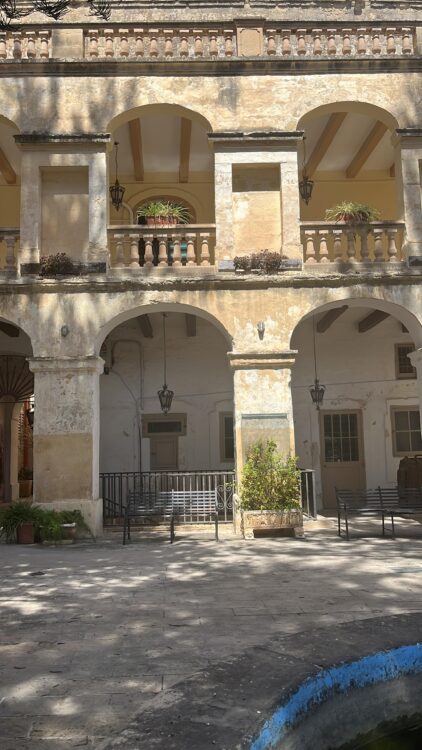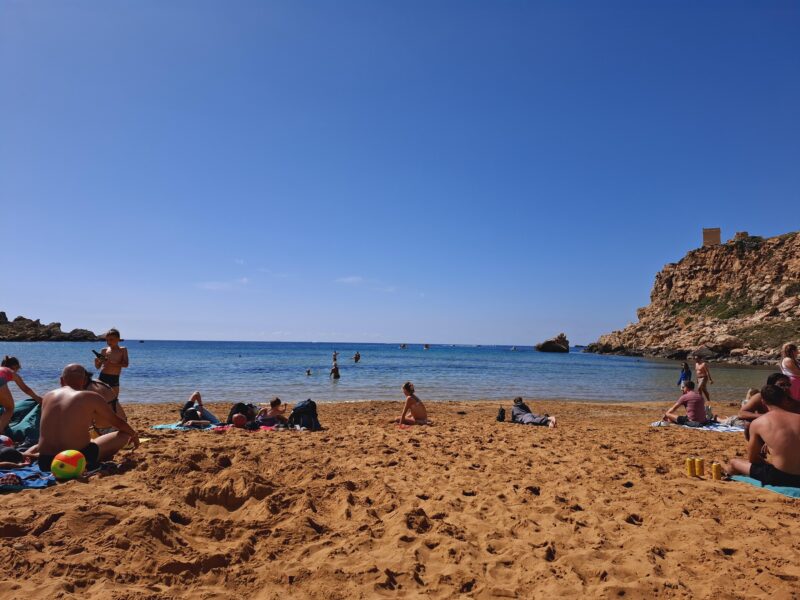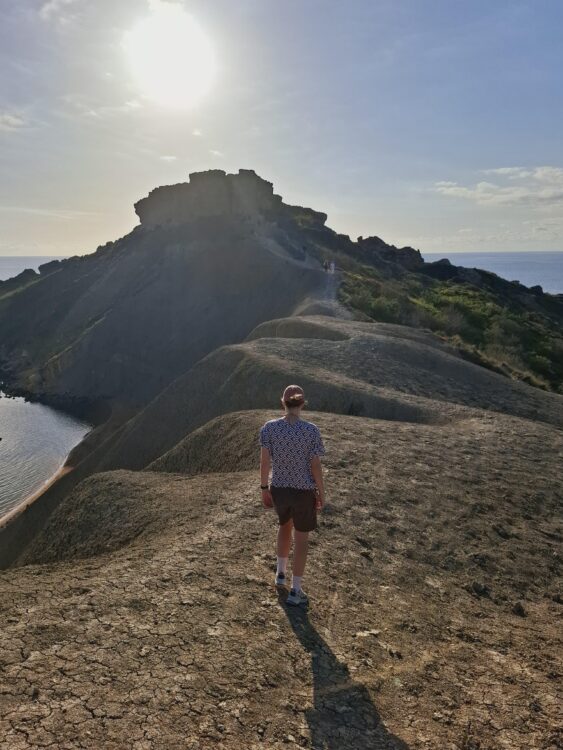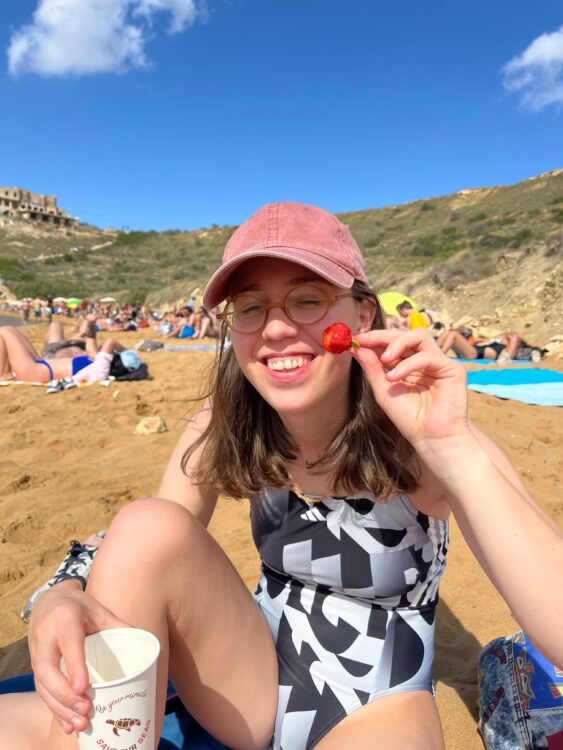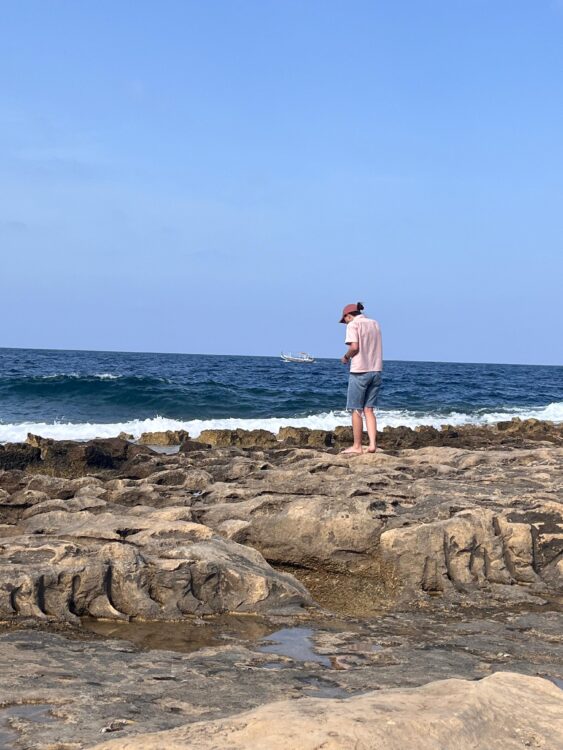During the winter semester of 2025, I had the incredible opportunity to take part in the Erasmus+ exchange programme in Ireland – IADT. It turned out to be one of the most enriching experiences of my academic and personal life.
My journey began on 9th of September, when I flew to Ireland, full of excitement (and a bit of nervousness). The semester officially started on 15th of September and lasted until 12th of December, with my return flight scheduled for 14th of December. From the very first days, it was clear that this experience would be something special.
I stayed with a host family during my time in Ireland, and honestly, I couldn’t have asked for a better arrangement. They were incredibly welcoming, kind, and supportive, which made settling into a new country much easier. Living with locals also gave me a deeper insight into Irish daily life and culture, something you just can’t fully experience by staying in student accommodation.
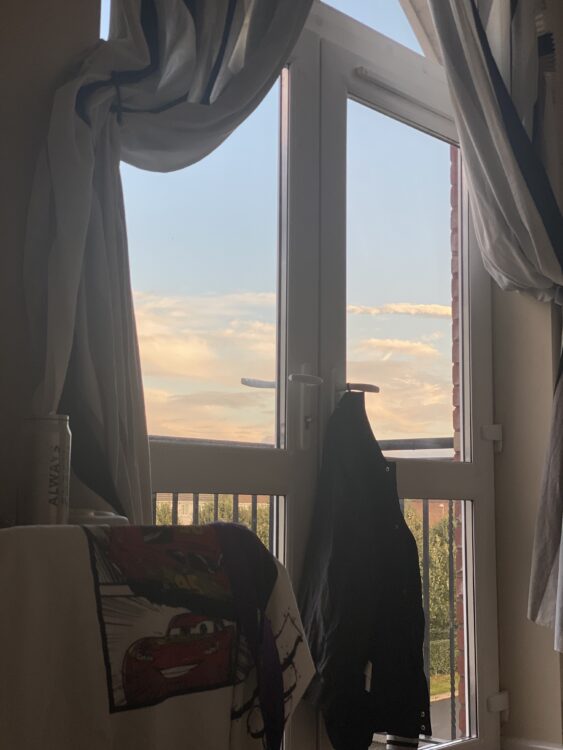
Academically, the exchange exceeded all my expectations. I learned an enormous amount about animation, not just in terms of technical skills, but also in mindset. I was introduced to new animation techniques, fresh approaches to workflow, and different perspectives on how the animation industry functions. The academic support was outstanding. Lecturers and staff were always approachable, encouraging, and genuinely invested in helping students improve. This supportive environment gave me a lot of confidence and inspiration, and it pushed me creatively in ways I hadn’t experienced before. We even visited the Circus as a class to practice life drawing.
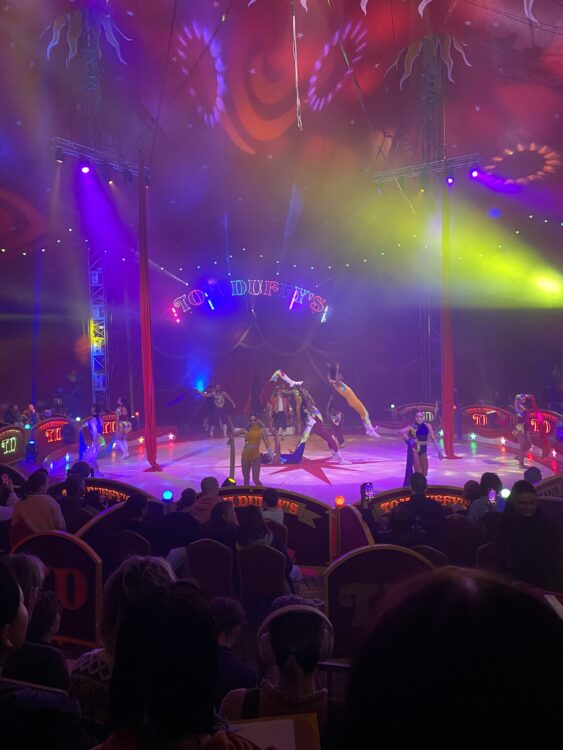
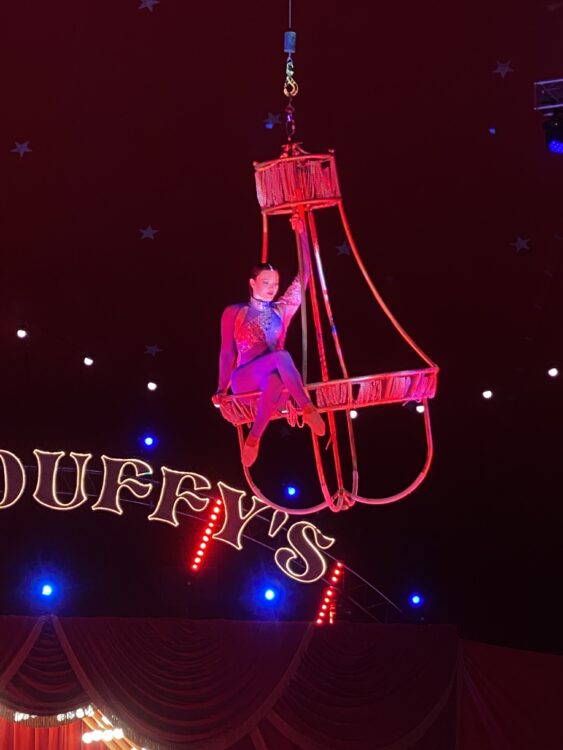
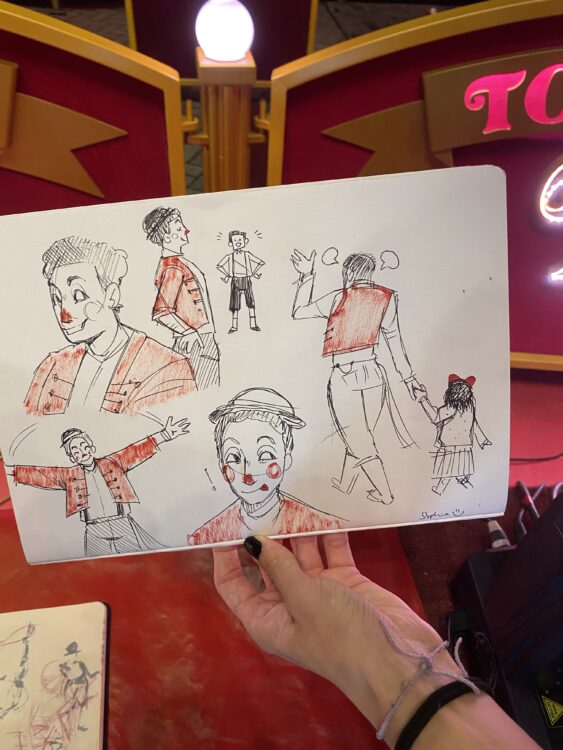
One thing that really stood out to me was how active student life is, especially through the many clubs or societies, as they’re called. I decided to join the volleyball society, and it turned out to be an absolute blast. We trained regularly, went to tournaments, and shared so many fun and intense moments both on and off the court. Those practice days were genuinely bombastic and easily became one of the highlights of my entire Erasmus experience. Being part of the volleyball society helped me meet new people quickly, who had the same interest in volleyball as me. It made me feel truly included in campus life. All in all, there is always something happening at IADT, and the energy, variety of activities, and sense of community make it an amazing place to study and live.
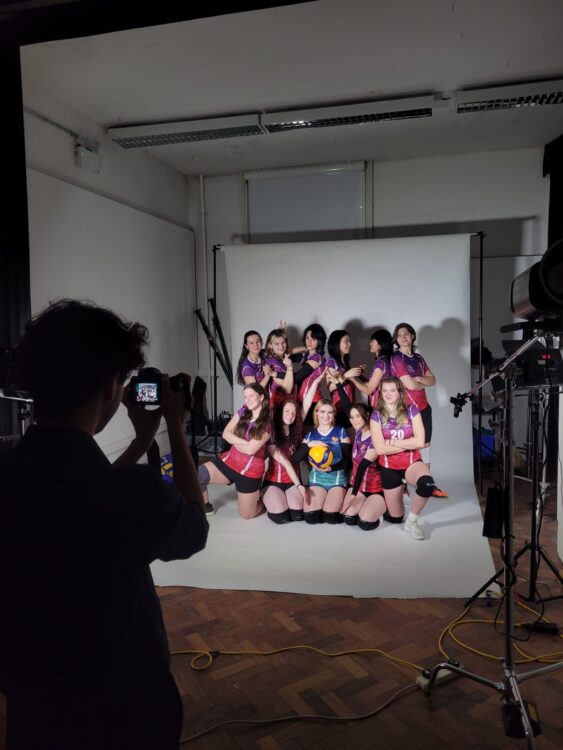
Although English was the main language of communication and I was already fluent, I still picked up a few new phrases and expressions along the way. More importantly, I made new friends from different backgrounds, which made the whole experience even richer. Exchanging ideas, cultures, and creative inspiration with people from all over was one of the highlights of my stay.
One thing that truly stood out to me was the culture of kindness in Ireland. Irish people are incredibly friendly, polite, and always ready to help. The contrast to what I was used to back home was striking in the best possible way. Interestingly enough, the only people who ever came across as rude were usually tourists or non-Irish visitors. The warmth and openness of the locals made everyday life much more pleasant.
Overall, I had an absolute blast and would 100% do it again if I had the chance. The only real downside was the cost of living there is that Ireland is very expensive, and I did find myself a bit short on money at times. So my main advice to future Erasmus students is: prepare your budget well before going.
Despite that, the experience was unforgettable. I returned home with new skills, new perspectives, new friendships, and memories I’ll carry with me for life. Erasmus+ in Ireland was truly worth it. 🍀
